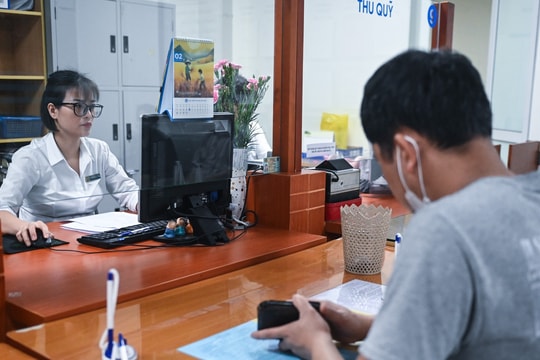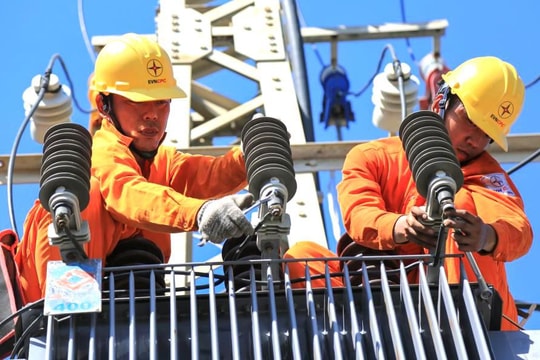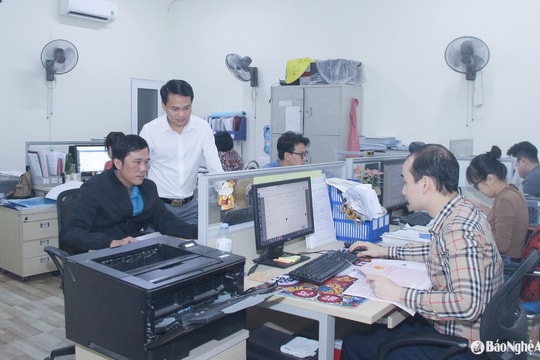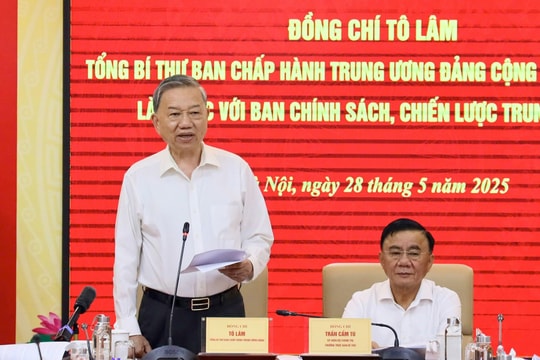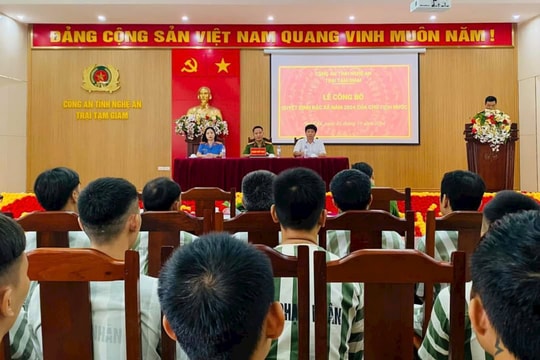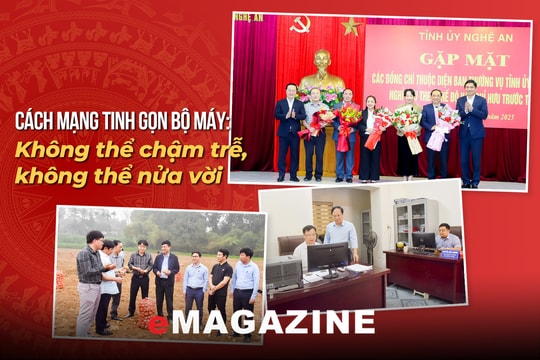For people to drink real coffee, businesses need to be transparent.
Of the 16.8 billion cups of coffee that Vietnamese people drink each year, how much is real coffee? Although the country is the second largest coffee exporter, people are still worried about the risk of drinking “dirty coffee” or “fake coffee” every day.
In the discussion on “Dirty Coffee - Current Situation and Solutions” held on the morning of July 20, 2016 in Ho Chi Minh City, representatives of the Vietnam Standards and Consumer Protection Association (Vinastas) recommended that the authorities strengthen management, inspection, and unify the promulgation of standards to prevent the lack of transparency and fraud in coffee production and trading. At the same time, they called on businesses to be transparent in declaring the ingredients of their coffee products.
|
| Many issues were raised during the coffee discussion. |
Need for a standard and uniform regulation
In the survey report on coffee in the market (from May to July 2016) in some provinces and cities published by Vinastas on July 12, 2016, it was shown that 47.54% of coffee samples taken from street cafes, small shops, carts, sidewalks, hospital canteens, had very low caffeine content and 1/3 of the total surveyed samples had caffeine content under 1g/liter. Even up to 9 samples of ground coffee and liquid coffee in Hanoi, Ho Chi Minh City, Binh Duong, Soc Trang and Lam Dong had absolutely no caffeine content.
At the seminar “Dirty coffee - Current situation and solutions”, most of the authorities made statements acknowledging the current situation of poor quality coffee and decaffeinated coffee, which is occupying a not small market share in the domestic coffee market. However, to eliminate the problem of “dirty” coffee that is spreading everywhere from cities to rural areas, freely “poisoning” people and committing commercial fraud... the problem is to find a uniform standard for coffee, creating conditions for agencies, departments and sectors to coordinate implementation and supervision.
A representative of the Department of Environmental Crime Prevention (C49B) - Ministry of Public Security said that the Ministry of Industry and Trade is the agency that handles the issue of buying and selling chemicals and the regulations on buying, selling, transporting and using chemicals in coffee processing have been set out quite fully. So the problem is not that we lack management documents but how to actually use chemicals. According to Mr. Nguyen Tien Dat, Head of the Department of Goods Quality Control, Department of Market Management - Ministry of Industry and Trade, the documents have very detailed regulations on import-export licenses and management of chemicals in general, and chemicals as food additives in particular. However, in reality, managing the use of chemicals as food additives and coffee is the responsibility of the Department of Food Safety and Hygiene, Ministry of Health.
Regarding this issue, Mr. Nguyen Hung Long, Deputy Director of the Food Safety Department, Ministry of Health, emphasized: In fact, according to the regulations of the Food Safety Department, pre-packaged processed products must have a note declaring the ingredients. Manufacturing and trading enterprises need to have a test certificate and a record confirming compliance with the standards to be recognized. However, to complete these procedures, there must be a common standard on quality and ingredients. In fact, coffee is a product group that does not have a standard. Currently, the Ministry of Agriculture and Rural Development is the unit responsible for the coffee industry. Therefore, finding a standard on the quality of uniform coffee products or legal regulations so that functional agencies can easily coordinate is a must.
What do coffee businesses say?
At the seminar, when invited to share the actual coffee ingredients of the business with customers, the representative of the Me Trang coffee brand affirmed: "I can say that low-priced products must be mixed, but of course we have to be transparent about how we mix them on the packaging and define what is dirty."
A representative of Nescafe, a brand of Nestle Vietnam, emphasized that the company has a strict product quality control process, including “tasting” coffee and keeping samples for comparison. However, when asked if Nescafe is pure or mixed, the representative confirmed that soy is mixed depending on the product group but refused to disclose the content.
There needs to be transparency in ingredients.
While the authorities are still "entangled" in dividing the responsibility of managing the production and trading establishments of poor quality coffee and "dirty" coffee, businesses are still comfortable being ambiguous about the ingredients on the labels. Consumers spend money on their favorite daily drink, coffee, but have to "bet" their health when they cannot be sure whether it is coffee or just burnt roasted soybeans, added coffee essence, or even mixed entirely from... chemicals of unknown origin. Habits create demand, and where there is demand, there is supply. Regardless of tricks and risks to the health of consumers, many coffee production and trading establishments, for profit, are willing to release many types of poor quality coffee to the market that are dangerous to public health.
Associate Professor, Dr. Nguyen Duy Thinh, former Head of the Department of Food Technology, Hanoi University of Science and Technology, emphasized: "Don't hang a goat's head to sell dog meat. The lack of transparency in announcing coffee ingredients is an act of commercial fraud, actively "poisoning" consumers and needs to be strictly handled. There should be clear sanctions and heavy fines, permanent revocation of business licenses, to prevent and combat recidivism." Mr. Nguyen Huy Quang, Director of the Department of Legal Affairs, Ministry of Health, emphasized: "The announcement of coffee ingredients is essential, not related to production and business secrets and it is the consumer's right to know."
For his part, Vinastas representative, Mr. Vuong Ngoc Tuan, Deputy General Secretary, also called on coffee production and trading enterprises to be proactive in being transparent about coffee ingredients, to set an example and demonstrate their commitment to the health of consumers.
According to Hanoi Moi
| RELATED NEWS |
|---|


.jpg)
